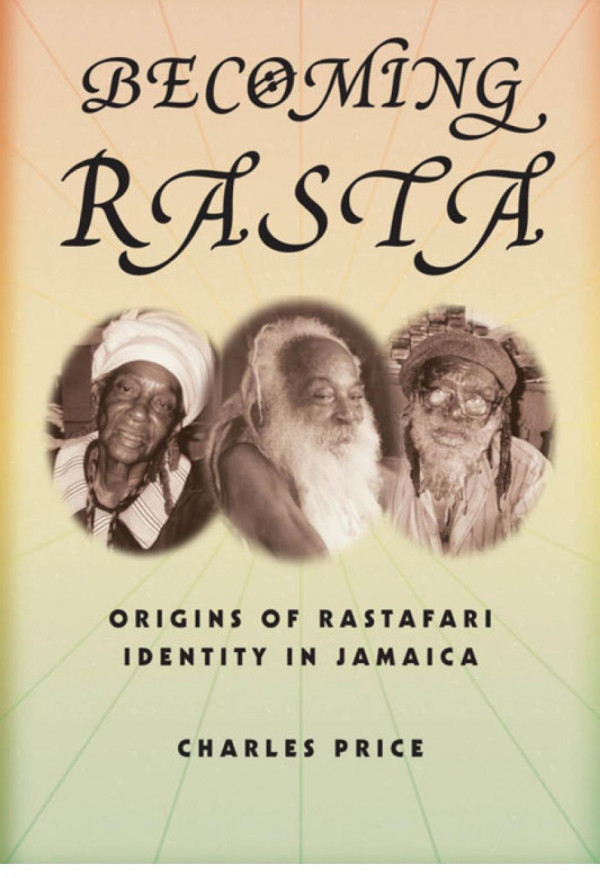

Most ebook files are in PDF format, so you can easily read them using various software such as Foxit Reader or directly on the Google Chrome browser.
Some ebook files are released by publishers in other formats such as .awz, .mobi, .epub, .fb2, etc. You may need to install specific software to read these formats on mobile/PC, such as Calibre.
Please read the tutorial at this link: https://ebookbell.com/faq
We offer FREE conversion to the popular formats you request; however, this may take some time. Therefore, right after payment, please email us, and we will try to provide the service as quickly as possible.
For some exceptional file formats or broken links (if any), please refrain from opening any disputes. Instead, email us first, and we will try to assist within a maximum of 6 hours.
EbookBell Team

4.8
44 reviewsSo much has been written about the Rastafari, yet we know so little about why and how people join the Rastafari movement. Although popular understandings evoke images of dreadlocks, reggae, and marijuana, Rastafarians were persecuted in their country, becoming a people seeking social justice. Yet new adherents continued to convert to Rastafari despite facing adverse reactions from their fellow citizens and from their British rulers.
Charles Price draws on in-depth interviews to reveal the personal experiences of those who adopted the religion in the 1950s to 1970s, one generation past the movement's emergence . By talking with these Rastafari elders, he seeks to understand why and how Jamaicans became Rastafari in spite of rampant discrimination, and what sustains them in their faith and identity.
Utilizing new conceptual frameworks, Price explores the identity development of Rastafari, demonstrating how shifts in the movement’s identity—from social pariah to exemplar of Blackness—have led some of the elder Rastafari to adopt, embrace, and internalize Rastafari and blackness as central to their concept of self.